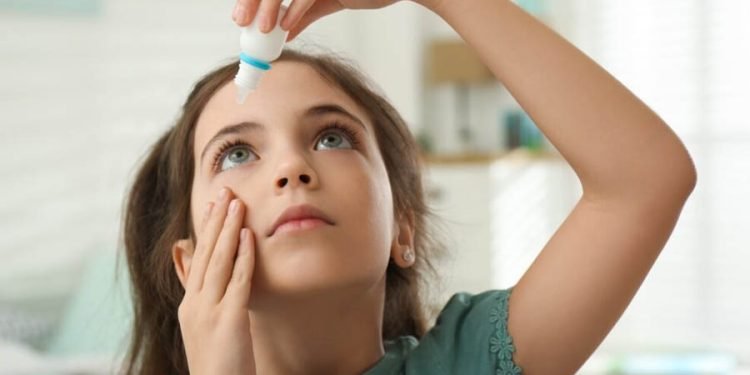Age comes with wisdom and knowledge, a wealth of experience, and complacency that the youth seldom lack. While aging is a privilege that not all are promised, there are also several physical as well as mental weakening that comes with aging. Whether it is blurry vision, memory loss, or an achy knee, age comes with its own vices. One such vice is the problem of dry eyes.
As we age, our bodies undergo several changes, and one of these changes is the diminished production of tears. This decrease in tear production can lead to a condition known as dry eye syndrome, which is characterized by a lack of lubrication and moisture in the eyes. Dry eye syndrome can be uncomfortable and, if left untreated, can lead to more serious eye problems. If you have been dealing with dry eyes, explore Dry Eye Directory and check it out for the potential treatment.
Aging and Dry Eyes
It’s usually known that dry eyes and aging go hand in hand. The tear film, the liquid layer that covers the outermost layer of the eyes, is impacted by aging because it produces fewer tears, has a different composition, and takes longer to blink with age. Dry eyes are the result of these changes, which cause a reduction in the amount and quality of tears. Also, as we age, the ability of our eyelids to evenly distribute tears across the surface of the eye decreases, which can also be a contributing factor to dry eye. The increased usage of medication as people age is another aspect of the connection between aging and dry eyes. Dry eyes can be an adverse effect of many drugs, including antihistamines, diuretics, and antidepressants. Those who are older are more likely to be on various drugs, which boosts the likelihood of dry eyes.
Causes of Dry Eyes
- Age: As discussed already, aging can impact tear production, which in turn results in dry eyes.
- Gender: Women are more likely to encounter dry eye problems as they go through a lot of hormonal changes, particularly during childbirth, menopause, or while taking birth control medications.
- Environmental factors: Residing in dry, windy, or dusty conditions might also impact your eyes, resulting in the evaporation of your tears, thereby resulting in dry eyes.
- Medical problems: Certain medical illnesses such as Sjogren’s syndrome, rheumatoid arthritis, and lupus can also result in dry eyes.
- Drugs: Drugs can also impact the eyes as antihistamines, decongestants, and antidepressants can decrease tear production and result in dry eyes.
- Contact lenses: Prolonged contact lens wear can also cause dry eyes as the cornea receives less oxygen with contact lenses.
- Surgery: LASIK and cataract surgery can also temporarily lead to dry eyes.
- Vitamin A deficiency: Vitamin A is needed for maintaining healthy eyes and tear production and a deficiency of the same can result in dry eyes.
- Screen time: Increased screen time and exposure to electronic devices can cause decreased blinking, which can lead to dry eyes.
Prevention of Dry Eyes
- Blink frequently: Blink frequently to keep your eyes hydrated and to disseminate tears throughout the surface of your eyes. Individuals who spend a lot of time using computers or other digital devices should take regular breaks to relax their eyes and blink frequently.
- Use artificial tears: Eye drops that can moisten the eyes and relieve dryness are known as artificial tears. You might want to consult a physician or chemist before you choose the best artificial tears for you out of the various varieties that are sold over the counter.
- Maintain a healthy diet: A diet plan high in vitamin A, omega-3 fatty acids, and other nutrients can aid in promoting healthy tear production as well as preventing dry eyes. Incorporating best omega 3 supplement for dry eyes like salmon, tuna, leafy greens, carrots, and sweet potatoes. Another important thing to promote tear production is to stay hydrated and drink a lot of water.
- Control the indoor environment: Protect your eyes by carrying sunglasses or other eye protection to protect them from wind, dust, and other environmental factors that might cause dryness. Using a humidifier to give moisture to the air will assist with avoiding dryness because dry air can aggravate dry eyes.
Aging is an unavoidable journey that everyone must brave. With its many vices, aging proves to be a delicate situation and needs special attention. Aging also proves to be a significant risk factor for developing dry eye syndrome. As we grow older, our tear production significantly diminishes, and our tear film becomes less stable, leading to an increased risk of dry eye. However, there are several treatments and lifestyle changes that can help alleviate symptoms and manage dry eye, even in old age. Make sure you reach out to the right professionals to ensure your dry eye condition is treated well.












